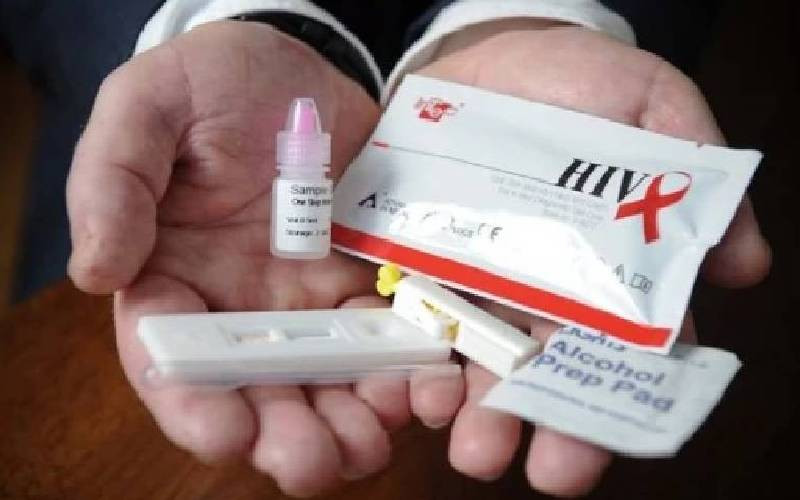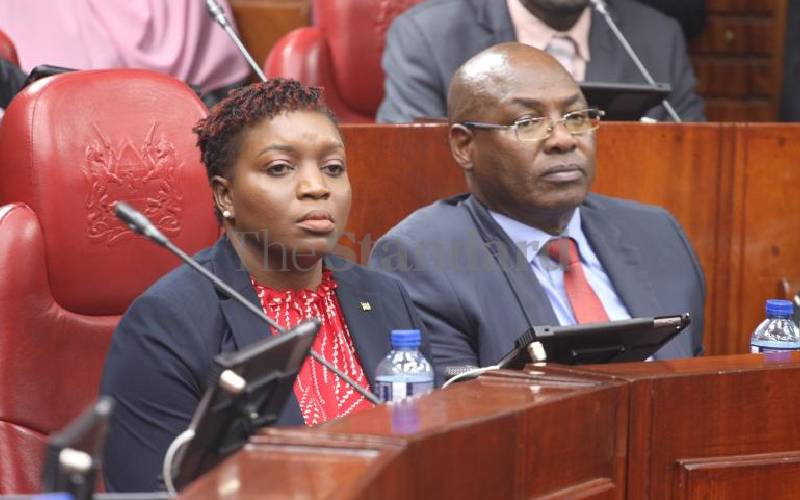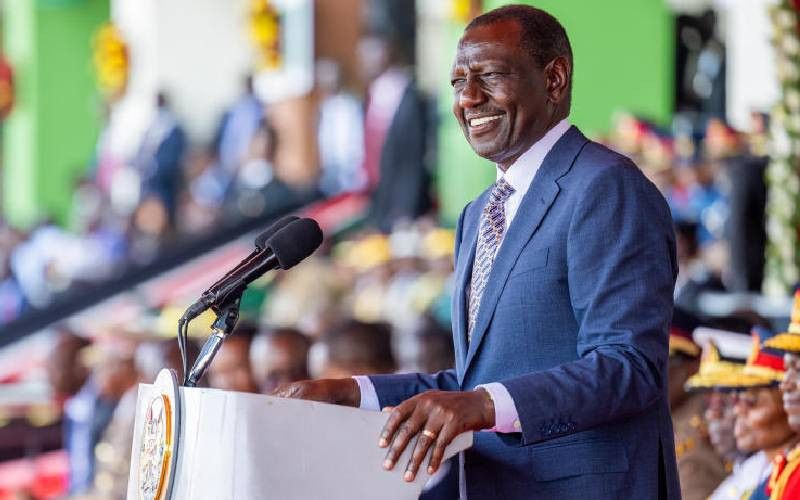Rape, defilement and other forms of sexual violation are not only unlawful, but are demeaning, brutal and cruel. They are gruesome acts that leave victims – both male and female — brutalised and scarred for life and should never be condoned and apologised for by society.
Much as we as a society like to bury our heads in the sand, the reality is that a rape culture has deeply taken root in this country. Newspaper and police reports abound of children, women – and men – who have encountered sexual violation. And we, the women, are livid.
We are livid because many Kenyans have become complacent and complicit to sexual violations happening in our homes, workspaces, places of worship, in our communities and in transit – basically everywhere. We are livid because Kenyans make light of these heinous acts and trivialise the fact that they are happening. Our worst sin? When we are not blaming and silencing victims, we are exonerating perpetrators, and lecturing women, on how they should dress, walk, talk and sit. It is nauseating to say the least.
According to the Ministry of Health, there were over 5,000 reported rape and defilement cases from March to June 2020, with 70 per cent of the victims being girls below the age of 18. 95 per cent of the perpetrators were men. You get it right? 5,000 women is a load of heinous rape.
What I have gathered, to my great shock, from stories and comments on social media is that many Kenyans do not know what constitutes rape. It is not uncommon to her comments like, “Why did she go to his house?” or “Why was she dressed in a revealing dress?” or “How can she claim she was raped yet he is her boyfriend or girlfriend?”
Well, I have news for you: As Elgeyo Marakwet Senator Kichumba Murkomen says, the law is very clear. Penetration of any kind without an express “YES” to the penetration amounts to RAPE. That is the law. Consent for penetration that is given and later withdrawn and penetration continues is RAPE. Penetration that is consented to by duress, threats and or intimidation is RAPE. Penetration also extends to a specific body part, so if you use that consent to penetrate another body part, that is RAPE. Penetration with an under-age is defilement. Penetration with a relative is incest. That is the law.
But then, what is consent? Consent is defined in Black’s La Dictionary as the agreement, approval, or permission to an activity or purpose especially given voluntarily by a competent person. Express consent is defined as consent that is clearly and unmistakably stated. Implied consent is consent inferred from one’s conduct rather than one’s direct expression, while informed consent is a person’s agreement to allow something to happen, made with full knowledge of the risks involved and the alternatives.
Thus Consent or lack thereof is an important element in sexual offences. In our Laws, Specifically, The Sexual Offences Act, 3 of 2006, an individual consents if he or she agrees by choice, and has the freedom and capacity to make that choice. Freedom here means free?will and the ability to make a decision as to whether or not to take part in the sexual activity at the time in question, in the absence of coercion or deceit. Note that capacity relates to age and mental abilities to engage in a sexual activity.
The Act further says that a sexual act is unlawful if it is committed:
i. in any coercive circumstance, which include use of force, threats of harm, abuse of power or authority to the extent that the person in respect of whom an act is committed is inhibited from indicating his or her resistance to such an act, or his or her unwillingness to participate in such an act;
ii. under false pretenses or by fraudulent means;
iii. in respect of a person who is incapable of appreciating the nature of an act which causes the offence.
The bottom line is, consent to a sexual activity is mandatory and that sexual activity has to be between two consenting adults who are not related by blood, otherwise one will be committing incest.
Of course, we have men who assume she consented merely because she was drunk. Question is: Did she have capacity to consent?
Remember there is also something called drug or alcohol?induced rape where one engages in a sexual activity having taken a substance without their consent, which has capacity of causing or enabling them to be stupefied or overpowered at the time of the relevant sexual activity. If you feed your guest or guests on weed cookies and proceed to have sex with them, you are a rapist.
For those who ask “why she went to his house”, the law is equally clear: Consent can be withdrawn by either party who had initially consented to the sexual activity and at the start of the sexual activity or after the start of the sexual activity. If he or she says, STOP, that’s it. There are no two ways about it. NO is a NO, STOP means STOP and ignorance is not a defence.
Our Kenyan precedents are quite clear on that, a complainant will only need to demonstrate to the court that they withdrew consent before the sexual activity and/or during the sexual activity. What this means is that we, as parents, have a duty to learn and understand the law, so that we can teach our children, especially boys and young men about self-restraint, mutual respect and general decency towards girls and women. Let us inculcate in them the importance of having these virtues for their own good and that of others in society.
We must continuously and consistently take part in these conversations in our homes, schools, places of worship and workspaces. Let us talk about the various sexual violations, what constitutes them and how to avoid them.
In the same vain, let us call out perpetrators and speak out against these vices. Let us seek justice for victims because a sexual violator leaves a victim with permanent emotional and physical scars. Lest we forget, there are victims who lose their lives to sexual predators.
We can do better. We can build a society free of sexual predators. The place to begin is to admit that we have a problem.
Stay informed. Subscribe to our newsletter
- The writer is an advocate of the High Court of Kenya and founder, My Flow Foundation.
 The Standard Group Plc is a
multi-media organization with investments in media platforms spanning newspaper
print operations, television, radio broadcasting, digital and online services. The
Standard Group is recognized as a leading multi-media house in Kenya with a key
influence in matters of national and international interest.
The Standard Group Plc is a
multi-media organization with investments in media platforms spanning newspaper
print operations, television, radio broadcasting, digital and online services. The
Standard Group is recognized as a leading multi-media house in Kenya with a key
influence in matters of national and international interest.
 The Standard Group Plc is a
multi-media organization with investments in media platforms spanning newspaper
print operations, television, radio broadcasting, digital and online services. The
Standard Group is recognized as a leading multi-media house in Kenya with a key
influence in matters of national and international interest.
The Standard Group Plc is a
multi-media organization with investments in media platforms spanning newspaper
print operations, television, radio broadcasting, digital and online services. The
Standard Group is recognized as a leading multi-media house in Kenya with a key
influence in matters of national and international interest.








